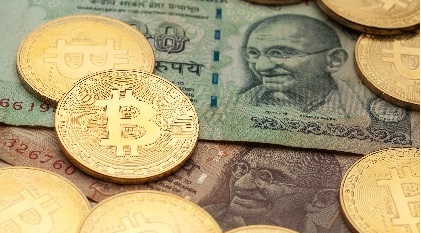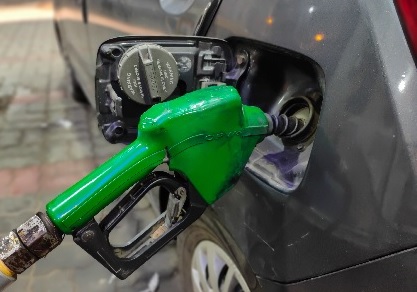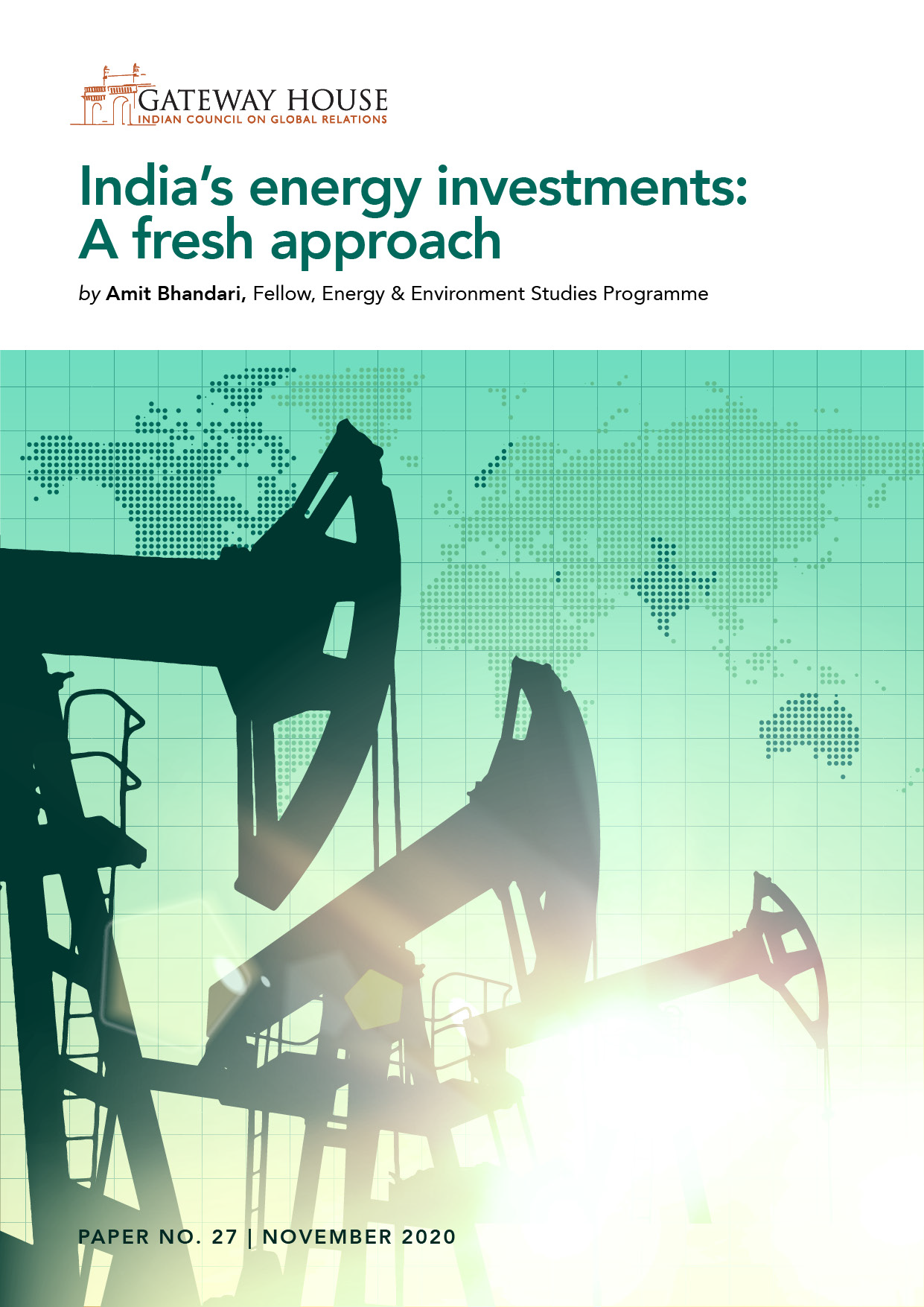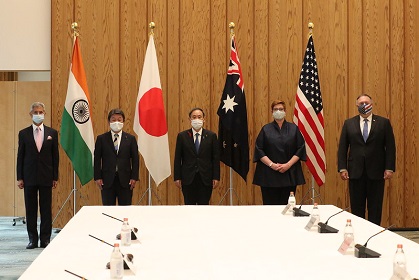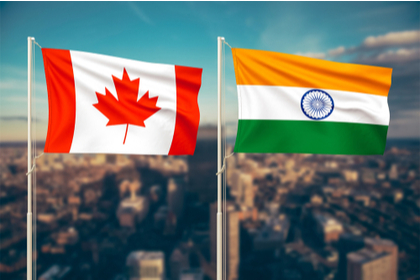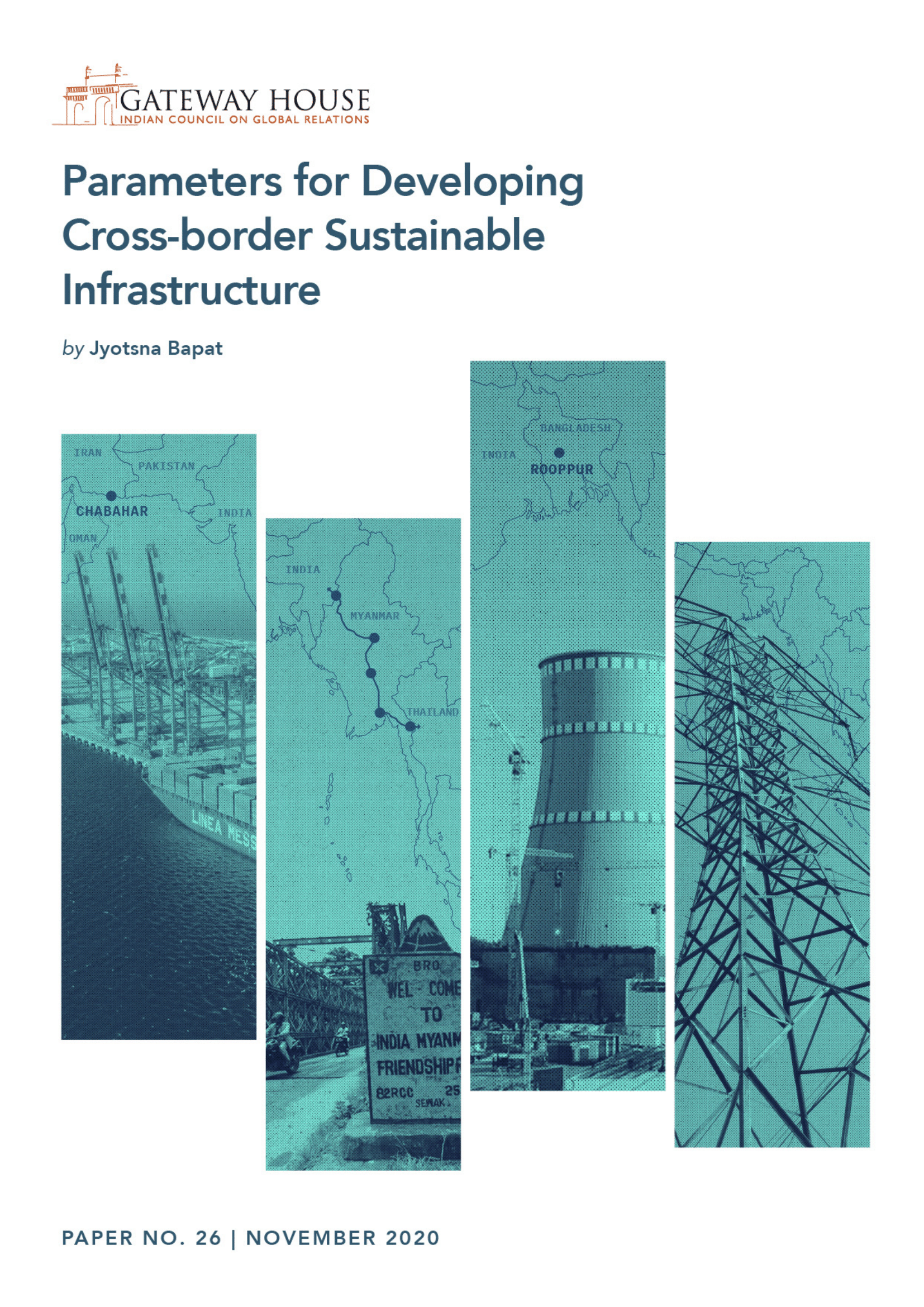Emergence of crypto-currencies
With the Cryptocurrency and Regulation of Official Digital Currency Bill 2021 set to be introduced during parliament’s on-going budget session, India is now ready to introduce its own official digital currency—following in the footsteps of China and Russia. So far, Indian regulations prohibited the public from trading in crypto-currencies. However, the investor community has an interest in them, as an asset that is not subject to government devaluation, unlike regular fiat currency in circulation. This infographic traces the evolution of crypto-currencies since the launch of Bitcoin in 2009.

